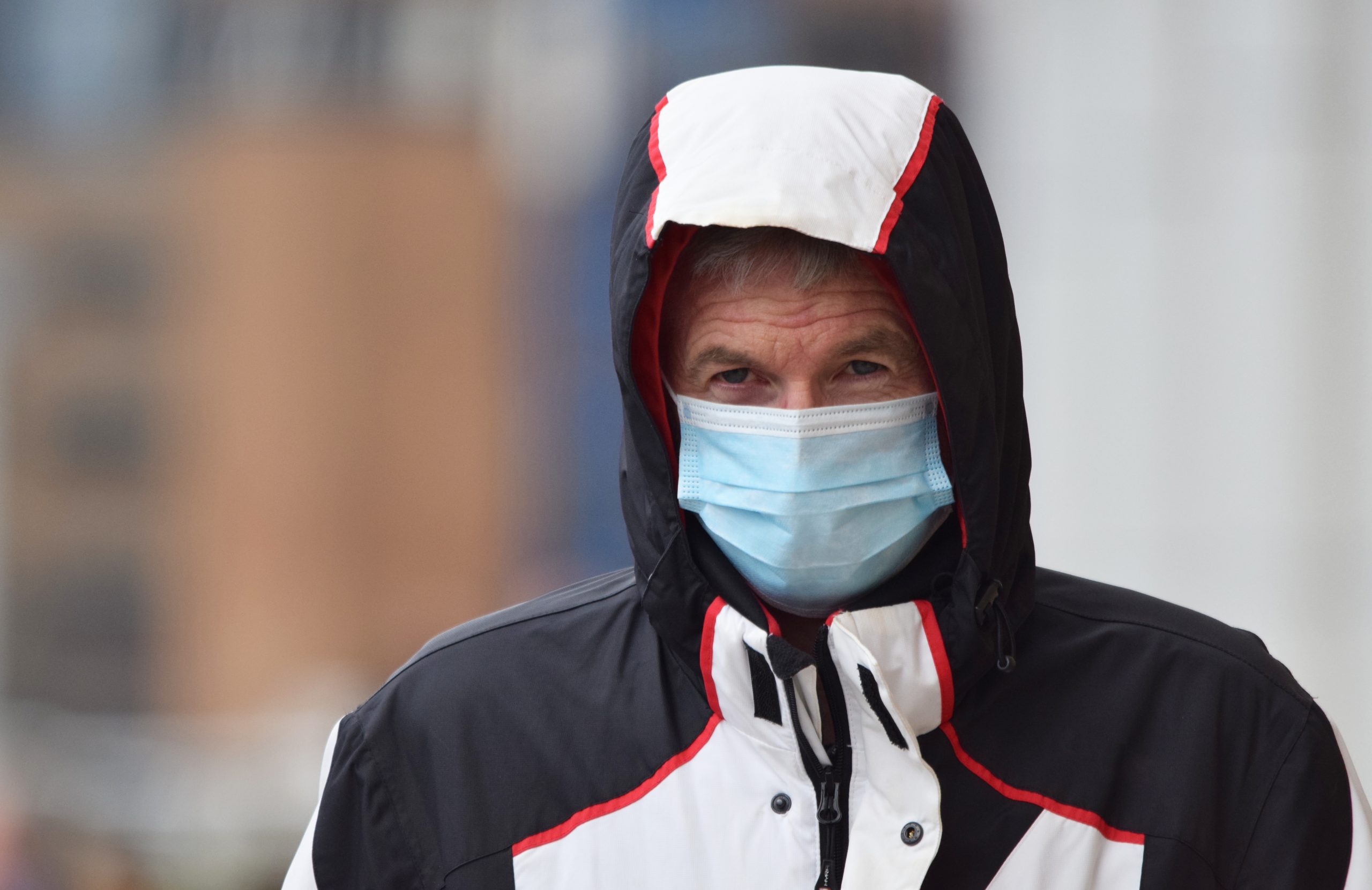Household Bills
How effective is your face mask?

Research has found alarming flaws in the effectiveness of widely-available face coverings, with one popular reusable mask only blocking a third of potentially harmful particles during testing.
Which? looked at a range of popular brands and styles of face coverings and masks, including those sold by pharmacy chains, supermarkets, high street stores and online retailers. Scientists tested for how well they filtered particles, how breathable they were, and how they fared after multiple washes.
The consumer champion found that the best performing face covering was able to block more than 99% of potentially harmful bacterial particles, filtering just as well as a disposable mask, but the worst product only trapped a third of the particles passing through.
Some of the face coverings with high filtration claims on the packet did not live up to them in Which? testing, and seven of the 12 had poor packaging instructions that failed to provide key information for maximising effectiveness and protecting the wearer.
The Adidas face covering (£17 for a pack of three), sold at retailers including ASOS, Next and Sports Direct, only filtered a third of particles in Which?’s tests, while the Vita Shield face covering (£9.99 for three) dropped from 60% filtration on first use to 38% after five washes.
Adidas told Which? its mask was designed early on in the pandemic, before there were defined performance criteria for non-medical face coverings, and that its mask was tested for comfort and breathability.
The Vita Group said its face covering had been tested at external accredited testing facilities, which showed filtration levels of more than 90%. It said that the discrepancies in results demonstrate the need for mandatory, overarching standards to be put in place.
The highest-scoring face covering tested was the Which? Best Buy Airpop Pocket (£24.99 for four), available direct from Airpop or on Amazon. Which? also awarded Best Buys to face masks from Superdrug (£4.99 for three), The Big Silk (£16.90 each) and Marks & Spencer (£9.50 for five). These masks strike the balance between filtration and breathability well, and testers found them comfortable to wear.
The NEQI reusable face mask (£15 for three), which is available from retailers including Boots and Ocado, as well as Bags of Ethics Great British Designer face coverings (£15 for three), available at Sainsbury’s, Argos or Waitrose, both remain Which? Best Buys.
Some reusable face masks now display high filtration levels on the packet, but four of those did not achieve the stated levels when tested by Which?.
The Wise Protec (£10 each), sold at John Lewis, Matalan and Home Bargains, and Alvita (£7 for two) mask, sold at Boots, both claim more than 90% filtration efficiency, but Which? tests showed lower levels, at 80% and 82% respectively. After washing, this dropped to the high 60s for both.
Boots’ Adult Reusable Face Mask (£10 for two) claims more than 95% filtration, which was borne out in initial tests, but after five washes this dropped to 75%.
Wise Protec and Alvita told us that their above 90% filtration levels had been verified in independent, accredited labs. Boots also said its mask had been “rigorously tested”.
Some of the masks Which? tested are ‘semi-reusable’. They are made from similar materials to disposable masks, but can be worn and washed a set number of times before they have to be thrown away.
Of these, the Airpop Pocket mask lived up to its filtration claims and still performed well after multiple washes. But the Alvita reusable barrier mask, sold at Boots, had a drop in filtration to 66% after a few washes (below Which?’s minimum filtration threshold) and was not very comfortable to wear.
Seven of the 12 products Which? tested also had poor usage and washing instructions on the packaging, both of which are key for maximising effectiveness, as poor mask hygiene could increase your risk of infection.
Which? looked for basic information on the packet, like detailed cleaning instructions including washing method, frequency and temperature. Researchers also expected to see clear warnings about how to correctly wear the mask, and confirmation that it was not a medical device.
Harry Rose, Which? Magazine editor, said: “Face coverings not only need to be durable and comfortable, but also provide effective filtration in order to keep us and others safe.
“Our tests show there is still work to be done to improve the quality of face coverings. While the best reusable face coverings can be just as effective as a disposable mask, there are still too many that fall short of the mark.
“We would like to see more manufacturers committing to minimum performance standards for filtration and ensuring basic safety instructions are present, but for now it is worth taking time to research the best option for yourself and your loved ones before buying.”